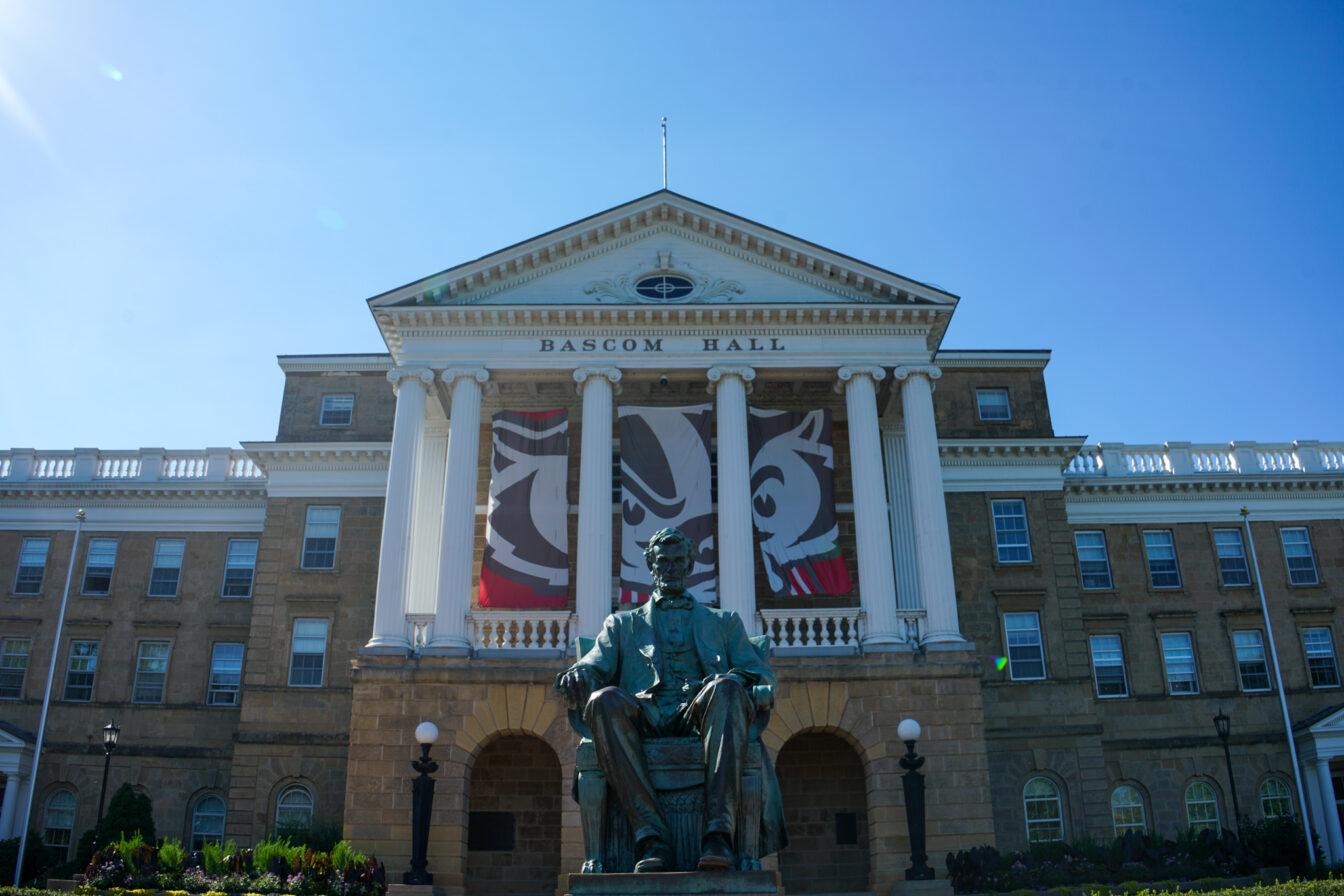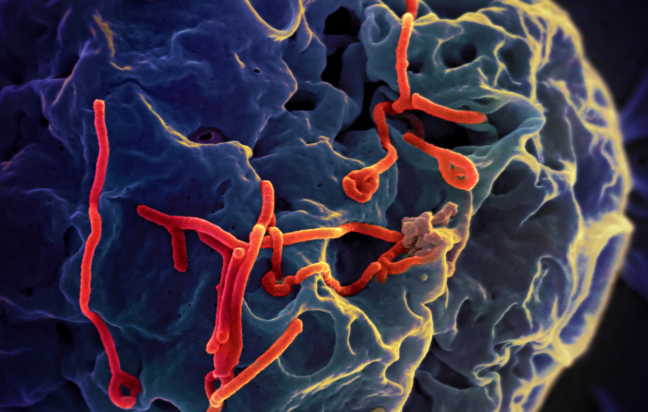The U.S. Office of Research Integrity recently disciplined a University of Wisconsin researcher for faking his experimental results on two publications, according to a notice from the Federal Register.
After an earlier UW investigation of Rao Adibhatla, an assistant research professor in the neurological survey department of the UW School of Medicine and Public Health, the ORI at the National Institutes of Health confirmed the university’s findings.
The notice said Adibhatla agreed to retract these two publications. The ORI also suspended Adibhatla from conducting federally-funded research for two years and excluded him from serving in any U.S. Public Health Services advisory or peer review committees for three years, according to the notice.
According to the notice, Adibhatla falsified Western blot images and data from purported scans of the films in his stroke research on cerebral ischemia, a condition that restricts blood flow to the brain.
While UW completed its investigation of Adibhatla’s research misconduct more than a year ago it does not advertise those sorts of issues because they do not look good for the university, Bill Mellon, senior associate dean of academic affairs at the UW School of Pharmacy, explained.
However, Mellon said he is proud of the veracity UW maintained throughout the controversy.
“Of course it’s embarrassing, however I think we do and have always done an outstanding job of policing the integrity of the institution,” he said. “We handle these cases according to our policy and take action on that. We certainly have an obligation to the citizens, to the state and to the institution, as well.”
Adibhatla’s contract expires in a few months and will not be renewed, according to UW research spokesperson Terry Devitt. He is not a tenured professor, Devitt added.
Mellon, who was associate vice chancellor of research policy at the time, said he learned of the incident after receiving a letter from NIH indicating alleged issues with the results of Adibhatla’s grant. From there, Mellon followed the university’s process for research misconduct through its research integrity standards.
When he determined the allegation was not frivolous, Mellon and his attorney carried out an informal investigation. Former Chancellor Biddy Martin sanctioned Adibhatla to a three-year suspension from independent research.
Despite the findings from UW’s investigation, Adibhatla requested a separate hearing with new panel members. The decision from the hearing upheld the original decision he committed research misconduct.
“His contention, through both of our investigations, was that he never did anything wrong,” Mellon said. “However, when ORI investigated as a third panel of review, they supported the allegations carried out by the institution, then they negotiated with the individual for the penalty and obviously he had to agree with that.”
Mellon added Adibhatla admitted to his guilt only after ORI’s ruling.
Current Associate Vice Chancellor of Research Policy Daniel Uhrlich said he has not witnessed any cases of research misconduct since taking over Mellon’s position in August, adding plagiarism detection technology is becoming more sophisticated.
“It’s not that common at UW,” Uhrlich said. “If you add up all the cases across the country, it does happen. I think it often happens with people who are under a lot of pressure. It’s not going to be common, but it does happen.”












